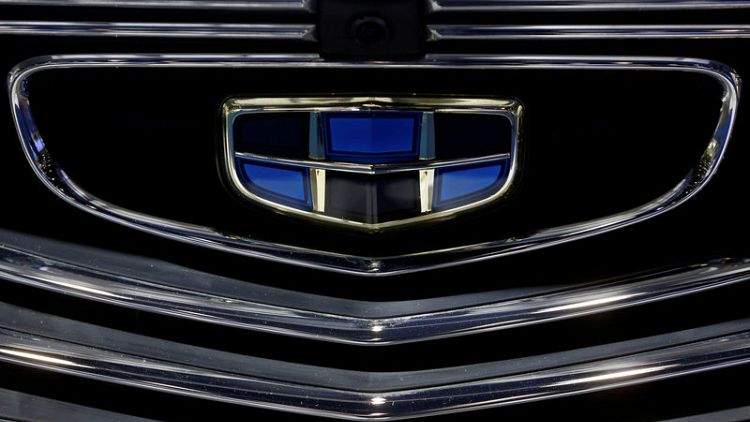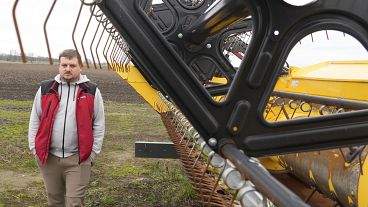By Yilei Sun and Brenda Goh
BEIJING (Reuters) - China's Geely Automobile Holdings posted an 18 percent jump in annual net profit, driven by higher sales of its sedans and sports utility vehicles (SUVs), but forecast flat sales growth in 2019 due to uncertainty about domestic demand.
Geely, China's most high-profile car maker globally thanks to the Geely group's investments in European automakers Volvo and Daimler, posted a record 2018 net profit of 12.55 billion yuan (£1.42 billion), up from the previous year's 10.63 billion.
That compared with the 12.8 billion yuan average estimate of 34 analysts, according to Refinitiv data.
Total revenue for the year was a record 106.60 billion yuan, up from 92.76 billion yuan in 2017. That slightly missed the 108.59 billion yuan estimated by analysts, according to Refinitiv data.
Shares of Geely rose by as much as 5 percent to HK$14.80 after the results, and were up 3.8 percent at 0600 GMT.
Geely, which sells vehicles under its eponymous and Lynk & Co brands, sold 1.5 million cars last year, 20 percent higher than the 1.25 million it sold in 2017.
The company said in a statement on Thursday that the deterioration of consumer confidence in China, the world's biggest auto market, caused by increased political and economic uncertainties had affected demand, but that its sales had only missed its own annual target by 5 percent.
Its sales volumes started to particularly slow in the last quarter of 2018, with a 44 percent drop in December alone, according to monthly sales data filings.
Geely is forecasting largely unchanged sales this year as the country's giant auto market struggles with slowing economic growth and more cautious consumers. Last year, the market contracted for the first time since the 1990s.
It said the strong performance last year was due to demand for its sedans and SUVs, and exports. It is launching a series of new energy and electrified vehicles as well as some upscale models to achieve higher profit margins.
In the statement, Geely also said the Group plans to acquire an engine plant in Zhejiang's Yiwu City from its parent company, Zhejiang Geely Holding, without providing more details.
(Reporting by Yilei Sun and Brenda Goh; Editing by Muralikumar Anantharaman)



